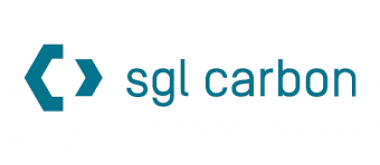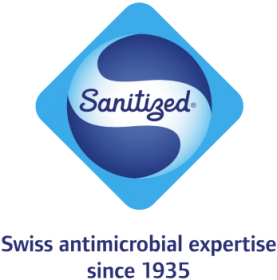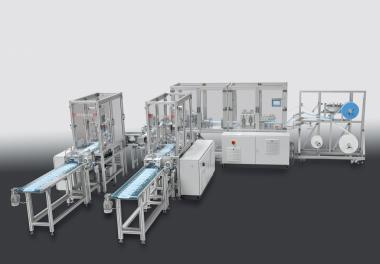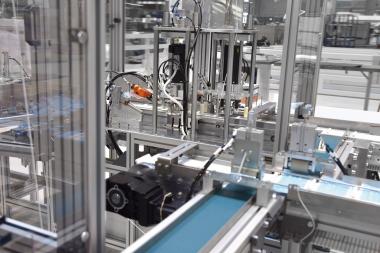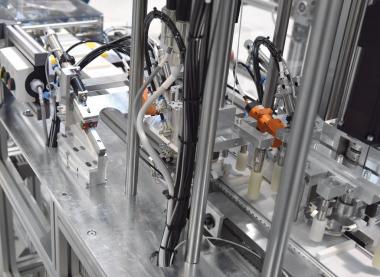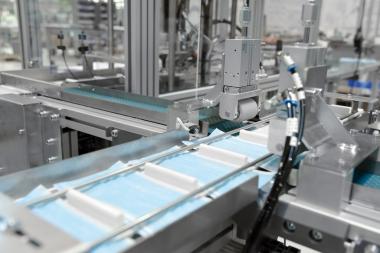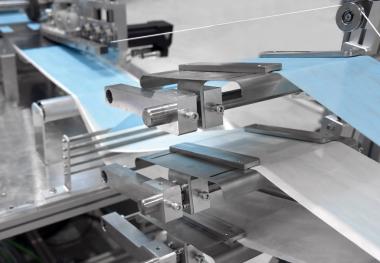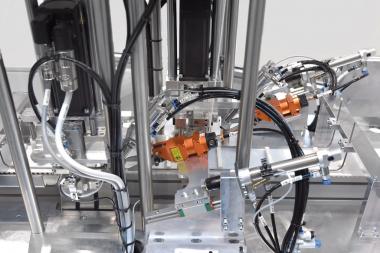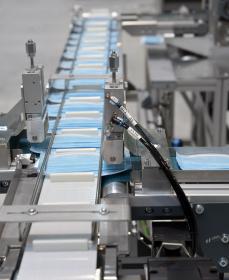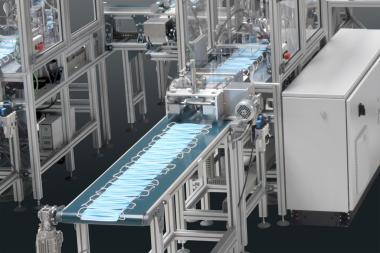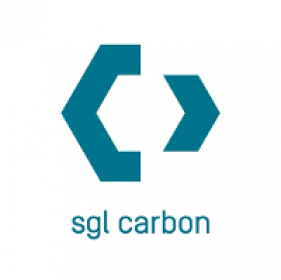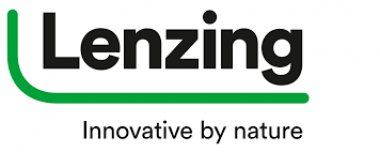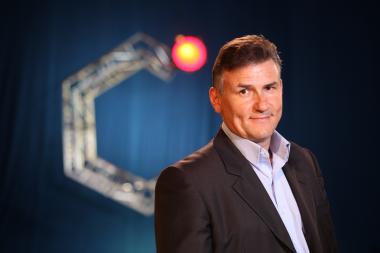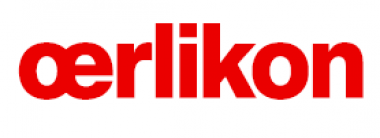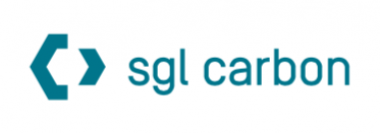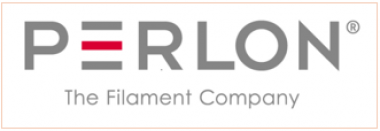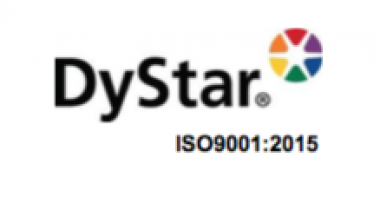Rieter: First Information on the Financial Year 2020
Order Intake Continued to Recover in the Fourth Quarter of 2020:
- Order intake increased to CHF 215.1 million in the fourth quarter of 2020 and reached a total of CHF 640.2 million in the 2020 financial year
- As expected, sales of CHF 573.0 million in the 2020 financial year were significantly down on the previous year
- EBIT margin of around -15% and net profit of around -16% of sales expected
- First half of 2021 still heavily impacted by the COVID-19 pandemic
- Change to the Group Executive Committee
Rieter posted a globally and broadly supported order intake of CHF 215.1 million in the fourth quarter of 2020. Thus, the recovery that began in the third quarter of 2020 after the slump in demand in the second quarter continued (order intake second quarter: CHF 45.7 million, third quarter: CHF 174.4 million). Overall, Rieter’s annual order intake for the 2020 financial year totaled CHF 640.2 million, which corresponds to a decrease of 31% compared to the previous year.
At the end of 2020, the company had an order backlog of about CHF 560 million (December 31, 2019: about CHF 500 million).
As expected, as a consequence of the economic effects of the COVID-19 pandemic, the Rieter Group closed the 2020 financial year with considerably lower sales than in the previous year. According to the first, as yet unaudited figures, total sales of CHF 573.0 million were achieved, which corresponds to a decrease of 25% compared to the previous year (2019: CHF 760.0 million).
Order Intake by Business Group
All three business groups were affected by the slump in demand in the second quarter of 2020 due to the COVID-19 pandemic. Despite the recovery in order intake in the third and fourth quarters of 2020, the weak second quarter was only partially offset.
The Business Group Machines & Systems was particularly hard hit by the effects of the pandemic, with a year-on-year decline of 35%. The Business Groups Components and After Sales each recorded a 24% reduction in order intake.*
Sales by Business Group
The exceptional market situation in 2020 gave rise to a significant decline in sales in all three business groups. Accordingly, reluctance to invest and deferred deliveries by customers caused sales in the Business Group Machines & Systems to decline by 24% compared to the previous year.
Due to COVID-19, a large number of spinning mills stopped production worldwide. This led to low demand for spare parts and wear parts, especially in the second and third quarters of 2020. Accordingly, compared to the previous year, sales in the Business Groups Components and After Sales fell by 24% and 27% respectively in the 2020 financial year.*
Sales by Region
With the exception of Turkey, all regions were affected by the low demand as a consequence of the COVID-19 pandemic.*
EBIT Margin and Net Profit
In the 2020 financial year, Rieter anticipates an EBIT margin of around -15% (2019: 11.2%) and net profit of around -16% of sales (2019: 6.9%). As of December 31, 2020, Rieter had liquid funds of exceeding CHF 280 million and unused credit lines in the mid three-digit million range.
First Half of 2021 Still Heavily Impacted by the COVID-19 Pandemic
Thanks to the improved capacity utilization, Rieter is planning short-time working in only a few areas in the first half of 2021. Nevertheless, Rieter expects sales in the first half of 2021 to be below the break-even point.*
Change to the Group Executive Committee
With effect from March 1, 2021, the Board of Directors of Rieter Holding Ltd. has appointed Roger Albrecht as Head of the Business Group Machines & Systems and a member of the Group Executive Committee.*
Annual General Meeting April 15, 2021
The 2021 Annual General Meeting of Rieter Holding Ltd. will take place in Winterthur on April 15, 2021.*
*See attached document for more information.
Rieter Management AG









